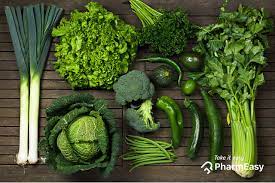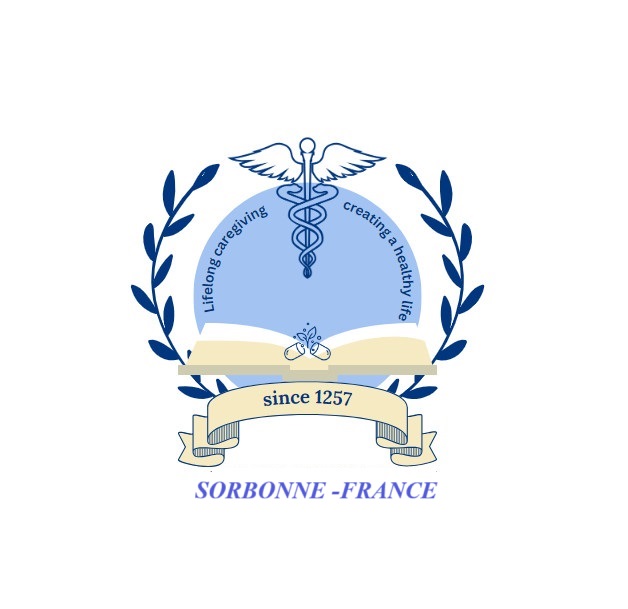Home page » 10 Incredibly Heart-Healthy Foods
10 Incredibly Heart-Healthy Foods
10 Incredibly Heart-Healthy Foods
Certain foods, including leafy greens, whole grains, and fatty fish, can benefit your heart health and lower your risk of heart disease.
Diet plays a major role in heart health and can impact your risk of heart disease, the leading cause of death for adults in the US.
The food you eat can influence heart disease risk factors, including:
blood pressure
triglycerides
cholesterol levels
inflammation
Here are 10 foods you should eat to maximize your heart health.
- Leafy green vegetables
Leafy green vegetables like spinach, kale, and collard greens are well known for their wealth of vitamins, minerals, and antioxidants.
In particular, they’re a great source of vitamin K, which helps protect your arteries and promote proper blood clotting.
They’re also high in dietary nitrates, which have been shown to reduce blood pressure, decrease arterial stiffness, and improve the function of cells lining the blood vessels.

The American Heart Association (AHA) notes that an increased leafy green vegetable intake was associated with more significant benefits to cardiovascular health and a lower risk of heart disease than other fruits and vegetables.
- Whole grains
Whole grains include all three nutrient-rich parts of the grain:
germ
endosperm
bran
Common types of whole grains include:
whole wheat
brown rice
oats
rye
barley
buckwheat
quinoa
Refined carbohydrates increase the risk of coronary heart disease. But whole grains are protective. An extra 1 or 2 daily servings of these foods increases or decreases risk by approximately 10-20%.
Multiple studies have found that eating more whole grains can benefit your heart health.
The AHA recommends eating whole grains rather than refined grains daily can reduce your risk for.
cardiovascular disease
coronary heart disease
stroke
metabolic syndrome
Adopting a diet rich in plant-based foods, whole grains, low fat dairy products, and sodium intake within recommended limits can help prevent and manage hypertension.
When purchasing whole grains, make sure to read the ingredients label carefully. Phrases like “whole grain” or “100% whole wheat” indicate a whole grain product, while words like “wheat flour” or “multigrain” may not.
- Berries
Strawberries, blueberries, blackberries, and raspberries are jam-packed with nutrients that play a central role in heart health.
Berries are also rich in antioxidants like anthocyanins, which protect against oxidative stress and inflammation that can contribute to the development of heart disease. Higher anthocyanin intake may raise your risk of coronary artery disease, including heart attack and hypertension.

Eating blueberries daily may also improve the function of cells that line the blood vessels (vascular function), which help control blood pressure and blood clotting.
According to a review of research, berry consumption may be an effective intervention for metabolic syndrome by helping reduce oxidative stress and inflammation while improving vascular function.
Berries can be a satisfying snack or a delicious dessert. Try adding a few different types to your diet to take advantage of their health benefits.
- Red Wine and Resveratrol
If you drink alcohol, a little red wine may be a heart-healthy choice. Resveratrol and catechins, two antioxidants in red wine, may protect artery walls. Alcohol can also boost HDL, the good cholesterol.
Tip: Too much alcohol hurts the heart. Don’t have more than one drink a day for women or two drinks for men. It’s best to talk to your doctor first. Alcohol may cause problems for people taking aspirin and other medications.
- Salmon: Super Food
A top food for heart health, it’s rich in omega-3s. Omega-3s are healthy fats that may lessen the risk of heart rhythm disorders and lower blood pressure. They may also lower triglycerides and curb inflammation. The American Heart Association recommends two servings of salmon or other oily fish a week.
Cooking Tip: Bake salmon in foil with herbs and veggies. Toss extra cooked salmon in fish tacos and salads.
- Olive Oil
This oil is a healthy fat made from smashed olives. It’s rich in heart-healthy antioxidants. They may protect your blood vessels. When olive oil replaces saturated fat (like butter), it can help lower cholesterol levels. Try it on salads and cooked veggies, or with bread.
Taste tip: For the best flavor, look for cold-pressed and use it within 6 months.
- Walnuts
A small handful of walnuts a day may lower your cholesterol. It may also protect against inflammation in your heart’s arteries. Walnuts are packed with omega-3s, healthy fats called monounsaturated fats, plant sterols, and fiber. The benefits come when walnuts replace bad fats, like those in chips and cookies.
Tip: Try walnut oil in salad dressings.
- Almonds
Slivered almonds go well with vegetables, fish, chicken, and desserts. They have plant sterols, fiber, and heart-healthy fats. Almonds may help lower “bad” LDL cholesterol. Grab a small handful a day.
Taste Tip: Toast them to boost their creamy, mild flavor.
- Chia seeds and flaxseeds
These seeds are a rich plant-based source of omega-3 fatty acids, such as alpha-linolenic acidTrusted Source. Omega-3s have many beneficial effects, such as helping to lower levels of triglycerides, LDL, and total cholesterol. They also reduce blood pressure and minimize the buildup of fatty plaques in the arteries.
Omega-3s decreaseTrusted Source the risk of disorders that can lead to heart attack, such as thrombosis and arrhythmias.
- Dark chocolate
Dark chocolate is a rare example of a food that tastes amazing and is good for you (in moderation).
Scientists now believe that dark chocolate has protective benefits against atherosclerosis, which is when plaque builds up inside the arteries, increasing risk of heart attack and stroke.

Dark chocolate seems to prevent two of the mechanisms implicated in atherosclerosis: stiffness of the arteries and white blood cell adhesion, which is when white blood cells stick to the walls of blood vessels.
What is more, studies have found that increasing dark chocolate’s flavanol content — which is the compound that makes it tasty and moreish — does not diminish these protective benefits.
Reference
- David Railton, What are the best foods for heart health, Medical news today, March 31, 2023; https://www.medicalnewstoday.com/articles/321820
- Amy Richter, Rachael Ajmera, Heather Hobbs, 17 Incredibly Heart-Healthy Foods. The Healthline, November 17, 2023; https://www.healthline.com/nutrition/heart-healthy-foods
- Dany Paul Baby, 21 Foods That Can Save Your Heart, WebMD, August 28, 2023; https://www.webmd.com/heart-disease/ss/slideshow-foods-to-save-your-heart

